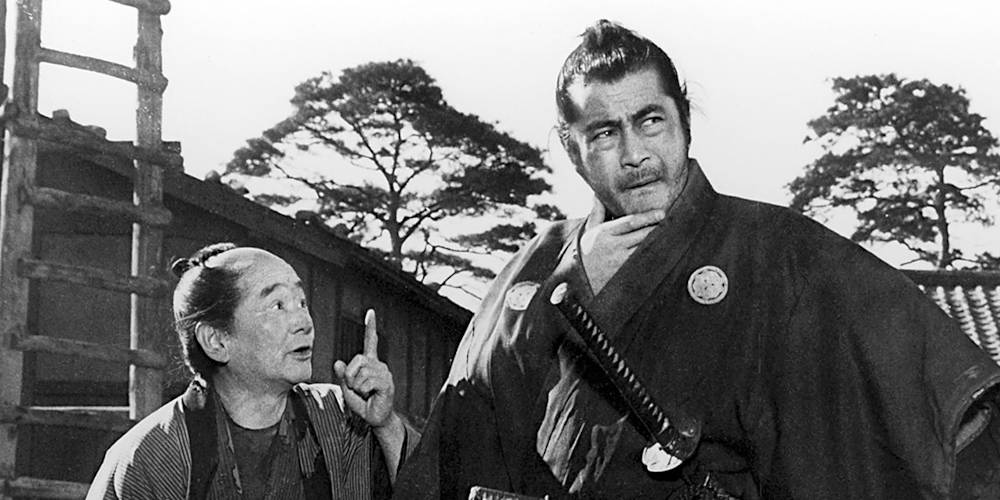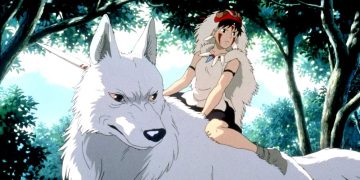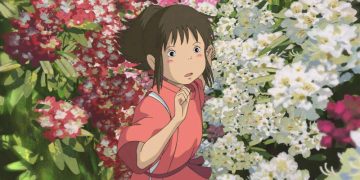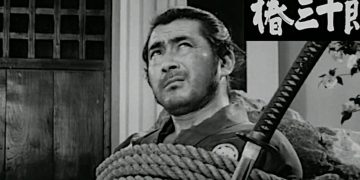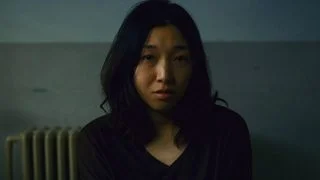Some of the greatest filmmakers in cinema history came from Japan. It all started in 1899, when a short documentary about geishas was made, spurring a plethora of classic movies in its wake.
However, many great movies in Japanese history were never shown to international audiences, and the ones that eventually went beyond borders wouldn't do so for many decades.
Fortunately, Japan's film culture did reach the rest of the world at some point, and since then we've been blessed with great Japanese cinema. From horror flicks to family dramas to samurai epics, numerous Japanese directors have brought their own unique flair to the art form.
Here are my picks for the best Japanese auteur filmmakers and their contributions to cinema as a whole.
7. Hayao Miyasaki
Hayao Miyazaki is known and loved by millions of fans all over the world for his films through Studio Ghibli, the production company he co-founded and brought to the world stage.
A master of animation with one of the most colorful imaginations ever, it doesn't really matter that he's never made a "real" live-action movie. He's considered one of the best animation directors of all time, which is enough to cement him quite firmly on this list.
His contributions to cinema include Castle in the Sky (1986), My Neighbor Totoro (1988), Kiki's Delivery Service (1989), and Princess Mononoke (1997). All of them feature beautiful scores and transcendent stories.
Though he had been making epic films with sprawling narratives for decades, Spirited Away (2001) represents the pinnacle of his directing career. It became the highest-grossing film in Japanese history and went on to win the Academy Award for Best Animation Movie.
6. Nagisa Ōshima
Nagisa Ōshima was one of the pioneering figures of the Japanese New Wave. Just don't tell him that, since he hated that characterization.
Nevertheless, his innovative filming style was startlingly fresh and frequently disturbing, mainly for his interest in society (including how societies form and the constraints we place on them).
Ōshima was the mastermind behind films like In the Realm of the Senses (1976), but his crowning achievement remains Empire of Passion (1978), a ghost story and love story all wrapped up in one. It netted him the Cannes Film Festival award for Best Director.
5. Masaki Kobayashi
Masaki Kobayashi was one of the finest filmmakers of his era, and a strong contender among the best filmmakers of all time.
He brought stunning epics to life, including his war-drama trilogy The Human Condition (1959–1961), which feels like a moving triptych. He also made the horror anthology film Kwaidan (1964) and the samurai film Samurai Rebellion (1967), demonstrating his versatility.
But chief among his creations is Harakiri (1962), which sits near the top of many cinephiles' lists of best movies of all time. It's certainly one of the most beautifully filmed movies ever made.
4. Shōhei Imamura
Few directors have ever won the Palme d'Or twice, and very few of them were Japanese directors. In fact, only one of them: Shōhei Imamura.
Starting his career way back in the 1950s by working with cinematic titans like Yasujiro Ozu, Imamura created a whole legacy with iconic films. He made movies both within the Japanese studio system and as an independent filmmaker.
And he went on to experience the most success as an independent. He was an icon of the Japanese New Wave and his films like The Eel (1997) and The Ballad of Narayama (1983) went on to win the Palme d'Or.
Even though it's a remake, Imamura made The Ballad of Narayama his own and it's arguably his greatest film.
3. Kenji Mizoguchi
We enter the top three Japanese directors of all time, and at this point it's important to note that these three represent the trifecta of Golden Age Japanese cinema, with Kenji Mizoguchi being one of them.
A filmmaker ahead of his time, Mizoguchi was a director who was concerned with the oppression of women. In this respect, he was critical both of traditional and current Japanese society.
He directed greats like The Life of Oharu (1952) and Sansho the Bailiff (1954), with Ugetsu (1953) being his most celebrated film.
2. Akira Kurosawa
Most people can only name a single Japanese movie director, and that name is Akira Kurosawa. You were expecting him to be on this list, weren't you? And for good reason.
Akira Kurosawa began his artistic career as a painter. In hindsight, it all makes sense, given that his films are like richly designed tapestries where each shot feels like a carefully proportioned painting.
Teaming up with Japanese acting icon Toshiro Mifune, he made critically acclaimed film after critically acclaimed film. And while Kurosawa is most famous for his samurai epics, he made films in nearly every genre.
As for his most important film? That'd have to be Rashomon (1950), which premiered at the Venice Film Festival and introduced Western audiences to Japanese cinema. It went on to win a Golden Lion as a reward.
1. Yasujiro Ozu
It was hard to rank Akira Kurosawa as second on this list, but it would've been even harder to put Yasujiro Ozu beneath anyone else.
Regarded by many to be one of the best movie directors of all time, Yasujiro Ozu brought a quiet stillness to cinema that had never been done before. (You could also argue that it hasn't been done ever since.)
Favoring stories that focus on typical Japanese families, Ozu was both critical and accepting of his Japanese culture and the state of his society. Big conflicts are rare so his societies don't necessarily need heroes.
Ozu's films are emblematic of the simplicity in the art form. Armed with a stationary camera, Ozu's films feature low angles and shots filmed from corridors, documenting the passage of time and the serene majesty of life going by. In this sense, Ozu's cinema is a film category unto itself.
While he directed instant classics like Late Spring (1949) and An Autumn Afternoon (1962), his most famous work is Tokyo Story (1953), which finds itself at the top of countless lists of best movies of all time.
